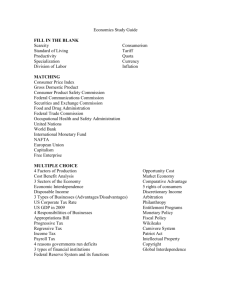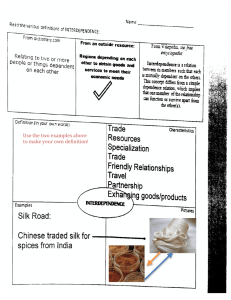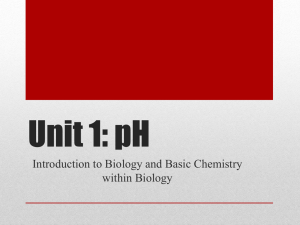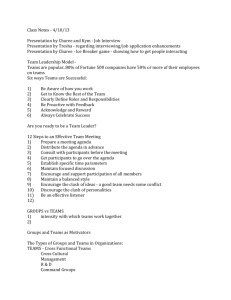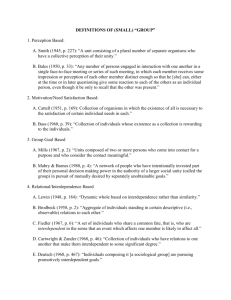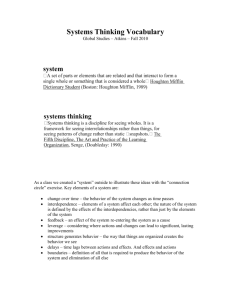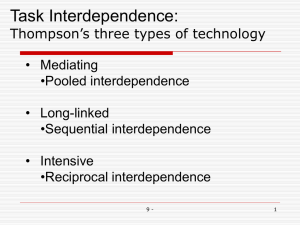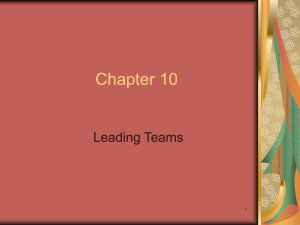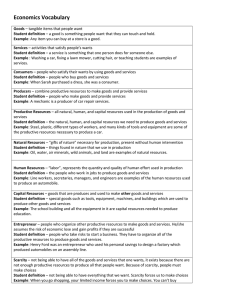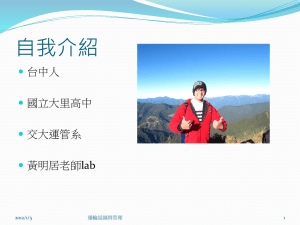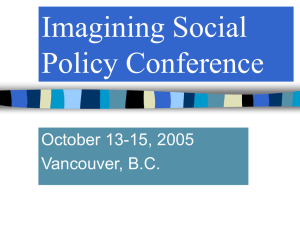3rd Grade Economics Review: Resources, Taxes, Trade
advertisement
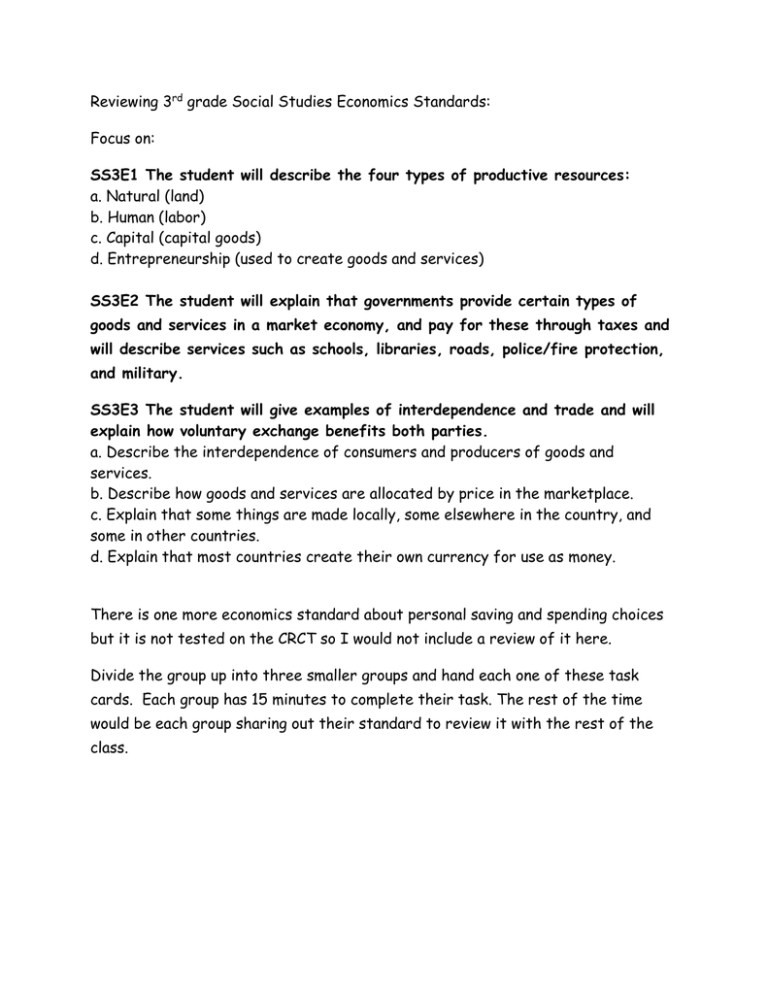
Reviewing 3rd grade Social Studies Economics Standards: Focus on: SS3E1 The student will describe the four types of productive resources: a. Natural (land) b. Human (labor) c. Capital (capital goods) d. Entrepreneurship (used to create goods and services) SS3E2 The student will explain that governments provide certain types of goods and services in a market economy, and pay for these through taxes and will describe services such as schools, libraries, roads, police/fire protection, and military. SS3E3 The student will give examples of interdependence and trade and will explain how voluntary exchange benefits both parties. a. Describe the interdependence of consumers and producers of goods and services. b. Describe how goods and services are allocated by price in the marketplace. c. Explain that some things are made locally, some elsewhere in the country, and some in other countries. d. Explain that most countries create their own currency for use as money. There is one more economics standard about personal saving and spending choices but it is not tested on the CRCT so I would not include a review of it here. Divide the group up into three smaller groups and hand each one of these task cards. Each group has 15 minutes to complete their task. The rest of the time would be each group sharing out their standard to review it with the rest of the class. Task 1: Review the four types of productive resources: natural (land), human (labor), capital (capital goods), and entrepreneurship. You can find more information about these in your Social Studies book, pages 152 – 155. Develop a skit that illustrates each of these four types of resources and perform it for the class. Have the class hold up a sign of each type of resource as its being illustrated. Task 2: Review the way that governments provide certain types of goods and services that are paid for by citizens through taxes. You can review this in your Social Studies textbook, pages 200 – 201, or by reading the Kids Discover, How America Works issue, September, 2003, pages 2-3. Another good source is the book Taxes, Taxes! Where the Money Goes by Nancy Loewen, especially pages 6-7. Create a large poster illustrating some of the goods and services that are paid for with taxes. Explain the poster to other class members and have them add goods and services they can think of that are paid with taxes. Task 3: Review interdependence, trade, and voluntary exchange (the concepts in SS3E3) using the textbook, pages 146 – 151, and pages 160 – 163. Currency is covered on page 126. Create a flip book with the following terms: Interdependence Goods, services, and prices Trade Voluntary exchange Local, national, and global production Currency The flip book labels will already be made. The group will help the rest of the class write brief definitions and examples to illustrate each concept. [Accompanying this plan are task sheets, and four types of productive resources signs for use in this review lesson.]
